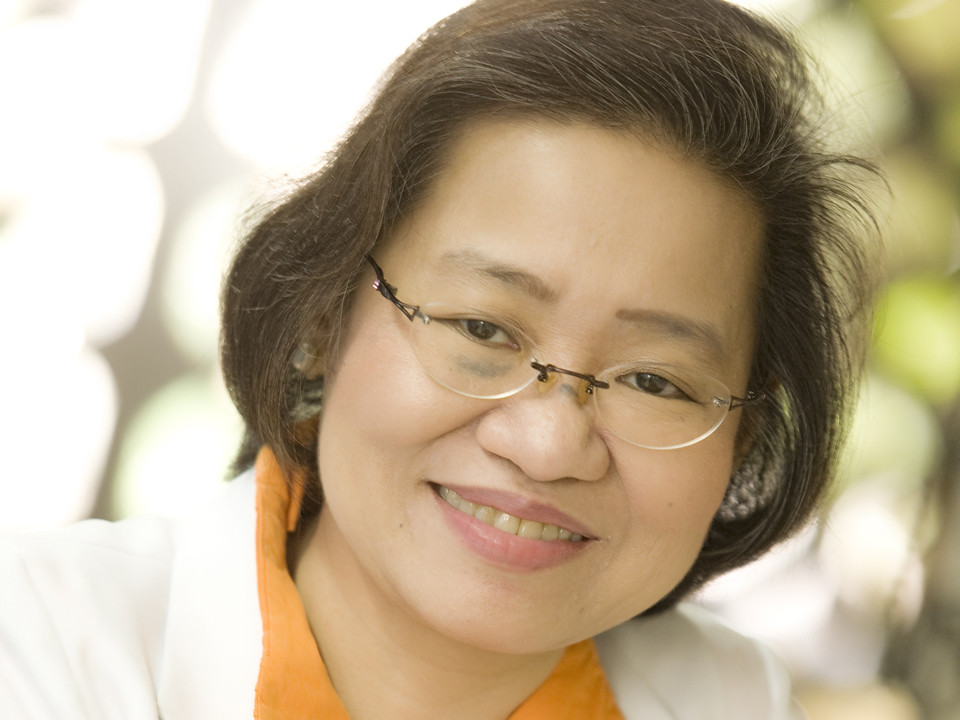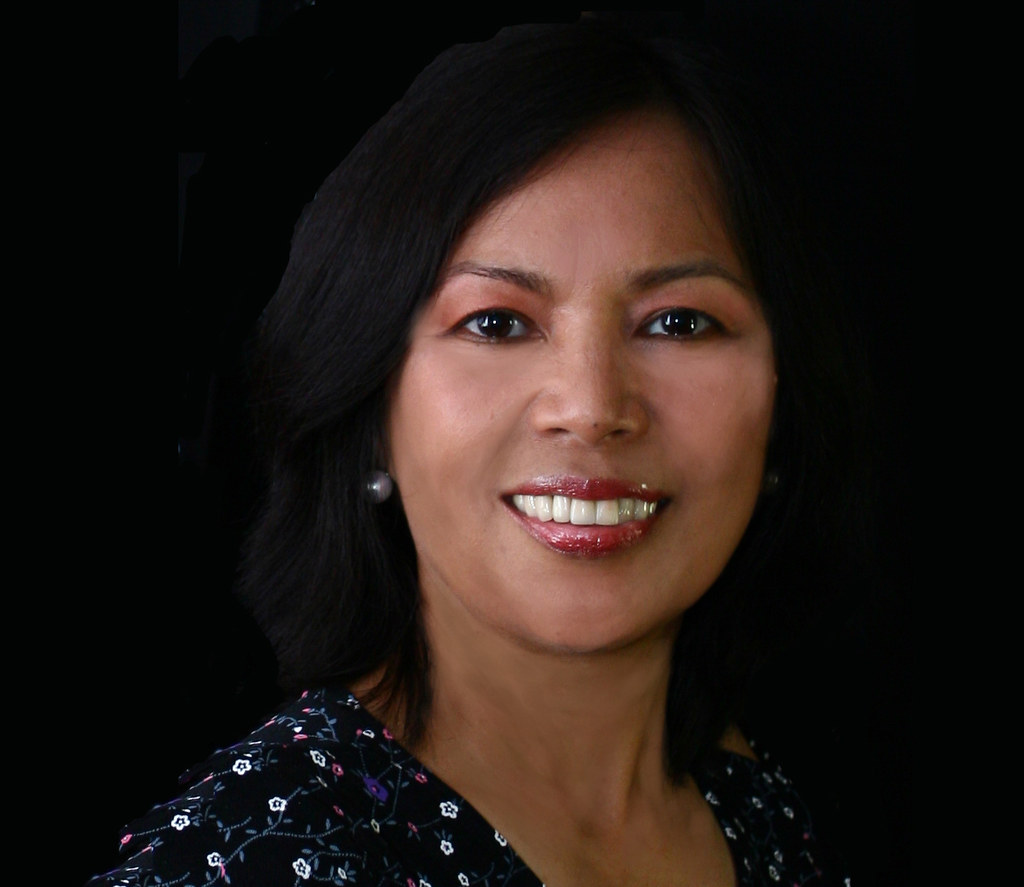"It takes a village to raise a child." This African proverb rings louder for children with autism. The Autism Society Philippines believes that parents should build relationships with a professional compassionate support team who can advise and counsel them, in addressing the myriad of questions they have about raising a child on the spectrum.
"If you have met someone with autism, you have met ONE person with autism." There is no substitute for personal consultations with professionals, which consider traits and behaviors unique to the individual with autism.
As ASP continues to receive questions from parents and family members year-round, we have reached out to the following experts to help answer some concerns on health, education and intervention.
Do we have very detailed diagnostic tools to find out whether the behavior exhibited by a teen is traits of Asperger Syndrome or just plain Giftedness. I have read in several articles that even in other advance countries it is really hard to diagnose Asperger and Giftedness, hence a lot of misdiagnosed kids. ---Asia T.
With the new DSM5 edition, we have been advised to use the term ASD or Autism Spectrum Disorder; and this will certainly cover individuals previously diagnosed as having PDDNOS and Asperger syndrome. That being said, the gold standard for diagnosis remains to be the ADOS2 (Autism Diagnostic Observation Schedule) and the ADI-R (Autism Diagnostic Interview-Revised). The use of both tests for clinical and research purposes need accreditation. Perhaps a diagnosis of autism needs to be done first before a review of features that present as giftedness can be done.
 |
| Dr. Alexis Reyes |
Dr. Alexis Socorro L. Reyes is recognized as one of the leading developmental pediatricians in the Philippines. She concurrently concurrently heads the Developmental Pediatrics Section and the Atty. Jose Miguel Arroyo Developmental and Behavioral Studies Unit of the Section of Pediatrics of the UP-PGH. She is an Associate Professor of the Department of Pediatrics at the UP College of Medicine and is a Special Lecturer at the Department of Pediatrics of the Ateneo School of Medicine and Public Health and UP College of Allied Medical Professions.
My son is now 14 years old and in grade 7 in a regular high school. He finds difficulties in many lessons which need deeper analysis and use of Filipino. Do I continue to send him to a regular school or one offering a tutorial type lessons like Kumon to help him with his deficits? ---Regina Matias
It would be helpful to find out if his problems in academics is a language problem or if he has cognitive limitations in terms of critical thinking, evaluation and analysis. In either case, using visuals, pictures and graphs help a lot in explaining concepts and building vocabulary in both English and Pilipino. Kumon may not be the answer to his problems in Araling Panlipunan and Filipino since it is a math program. Nor will he really learn deeper analysis from it if he has cognitive limitations. On the other hand, you may want to consider alternative learning institutions e.g. a progressive school with smaller class sizes where accommodations can be made for his particular learning style. Or you can also consider a vocational school where your son can learn functional skills based on his strengths and interests.
 |
| Ms. Cecile Sicam |
Cecilia Sicam is one of the 11 original founders of the Autism Society Philippines. She has served ASP in many capacities, as President from 2000 to 2004; and as its current Vice President. Inspired by her PWA son Likas, Ces has been instrumental in the founding of Professionals for Autism Foundation, Inc., Center for Autism and Related Disorders, the Philippine Association for Behavioral Analysis, and Bridges Foundation where she is currently its Directress. She taught SpEd for three years Santa Clara, California; and came back to serve Filipino children with special needs.
If a 7 year-old non-verbal child with ASD and oral motor apraxia shows interest in music and has accuracy in rhythm, what method of speech therapy would benefit the child? ---Roschell Chun
Without knowing the child, we can't give a true recommendation of what method to use. However, in individualizing therapy, there won't be one method that always works with every child, even if the same descriptors are used. So, in general, it will be trial and error. Regardless, with oral apraxia, speech therapy needs to be intense happening 3-5 times per week.
A child without ASD would do repeated practice of imitation of words. If the child with ASD is non-verbal, which is the case in this situation, repeated practice won't work until the child learns to imitate. So, initially working on imitation and motor planning are important.
The next part of the answer goes along with the second question as well. If the child is non-verbal or can approximate language, an augmentative and alternative communication (AAC) device can still be beneficial. The non-verbal child can use the device to imitate language. Try to get a verbal response as well. Never say, "No," if the child's language is not accurate. Simply praise them for trying and repeat the correct pronunciation. The child who can approximate language can use the AAC device to improve ability to communicate. It will also allow the child to hear correct pronunciations repeatedly.
 |
| Ms. Tabitha Kirby |
Tabitha Kirby, MA, BCBA received her bachelor’s degree in psychology and master’s degree in special education with specialization in Applied Behavior Analysis from The Ohio State University. As an expert in the field of behavior analysis, Tabitha has worked in various clinical, school, and community settings. As a consultant for families of individuals with Autism, Tabitha led and implemented a variety of home-based programs.





 Posted in:
Posted in: 

0 comments:
Post a Comment